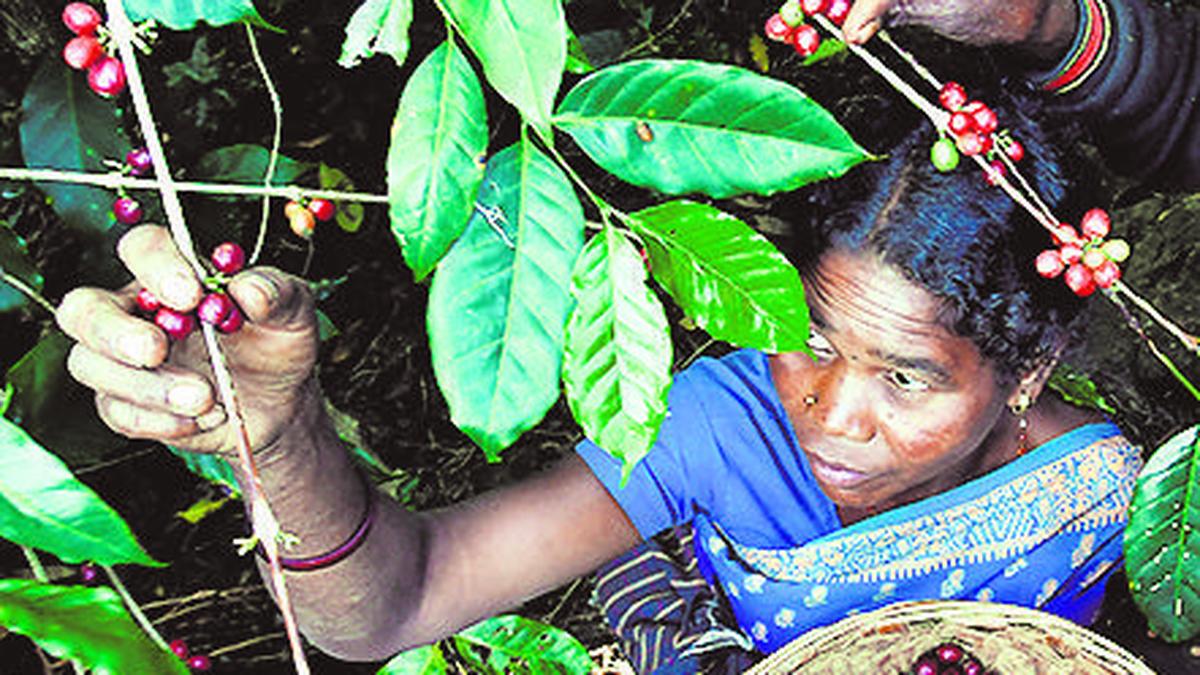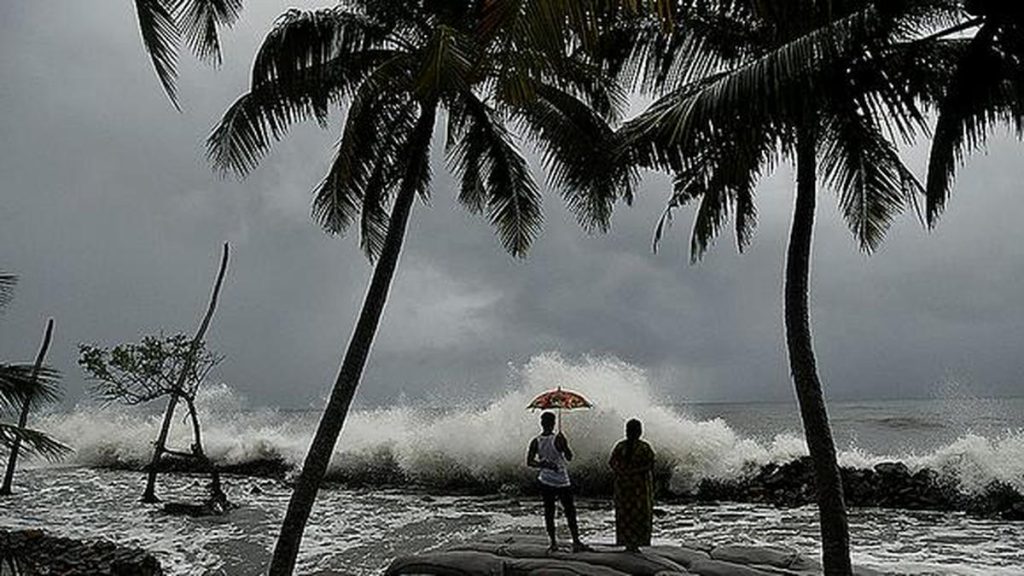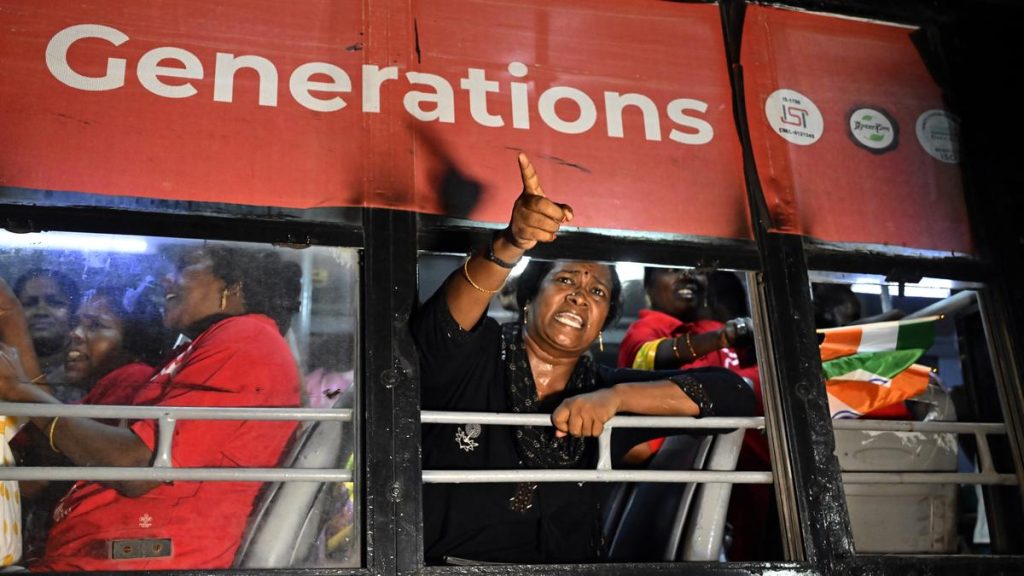Now Reading: CPI(M) Calls on Andhra CM to Aid Tribal Coffee Farmers Battling Pest Crisis
-
01
CPI(M) Calls on Andhra CM to Aid Tribal Coffee Farmers Battling Pest Crisis
CPI(M) Calls on Andhra CM to Aid Tribal Coffee Farmers Battling Pest Crisis

Rapid Summary
- Organic coffee is cultivated on approximately 2.58 lakh acres in Alluri sitharama Raju district, supporting nearly 2.48 lakh tribal farmers.
- A berry borer pest infestation during the harvest season has raised concerns about growers’ livelihoods in the region’s Paderu Agency area.
- CPI(M) State secretary V. Srinivasa Rao has requested Chief Minister N.Chandrababu Naidu’s intervention to address the crisis by supplying pesticides and labor at State expense while offering relief measures to farmers.
- Current proposals for compensation include ₹20,000 per acre and ₹250 per kg of infected produce; though, Mr.Rao has demanded enhanced relief of ₹50,000 per acre and at least ₹200 per kg for damaged coffee crops.
- Suggestions from Mr. Rao included establishing a Coffee Research Center in Paderu to counter crop diseases, improve seed quality, expand plantations; strengthening market support through the Coffee Board and GCC; seeking subsidies and insurance coverage from the Centre for tribal growers.
Indian Opinion Analysis
The outbreak of the berry borer pest highlights vulnerabilities faced by tribal coffee farmers who depend heavily on organic cultivation as their primary livelihood source across Andhra Pradesh’s Alluri Sitharama Raju district. While immediate measures-pesticides and financial aid-will be critical for mitigating this crisis, proposals such as establishing a Coffee Research centre may offer long-term solutions to improve disease management capabilities and overall yield quality in regional plantations.
Strengthened market access through government bodies like GCC also emerges as an essential component to ensure better prices for affected growers’ produce while reducing dependency on intermediaries or exploitation risks during crises like pest infestations.
State intervention remains crucial given both environmental pressures affecting organic farming practices and socio-economic challenges faced by marginalized tribal communities dependent on agriculture in these remote regions.
Read more: The Hindu

























